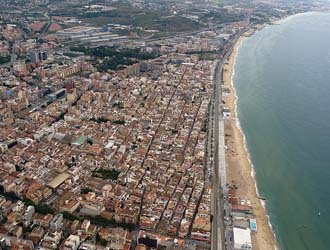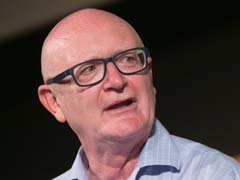Nigel Thrift, professor of Human Geography, spoke with Suzanne Hall about Cities in the Anthropocene and took part in the Seminar on this subject and from a Mediterranean perspective, which brought together several experts at the CCCB.
Public space is the celebration of diversity. And, in this celebration, Thrift includes other living beings as well as humans, a very wide range of individual life forms that also have a right to the city, just as humans do. We frequently identify cities on the basis of their external spaces, streets, squares, and commercial areas, but it is in the private spaces of the home, in particular, where a huge number of living beings are to be found, among them insects and other creatures that inhabit the modern dwelling. Moreover, it is impossible to throw them out. This is a positive fact, a good educational opportunity for thinking about the planet in all its diversity.
Professor Thrift likes the city of Bath, where he was born, a Georgian city with classical public space that is at once exclusive and excluding, for the use of a certain kind of person. As happens with the centre of London, another of the spaces he likes, these areas in Bath are also subject to private, global-scale speculation with properties. This leads him to think about the great amount of work involved in the production of public spaces, and to wonder about the problem of saturation in some of these spaces in the context of an increasingly super-populated world.




